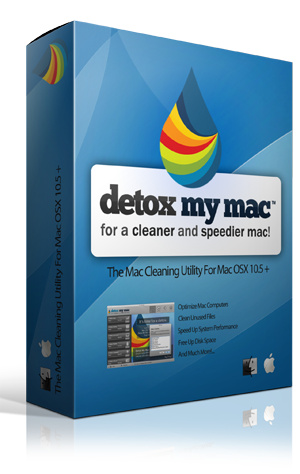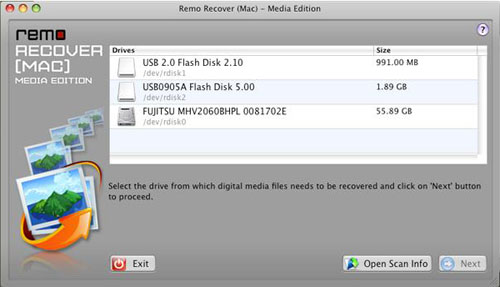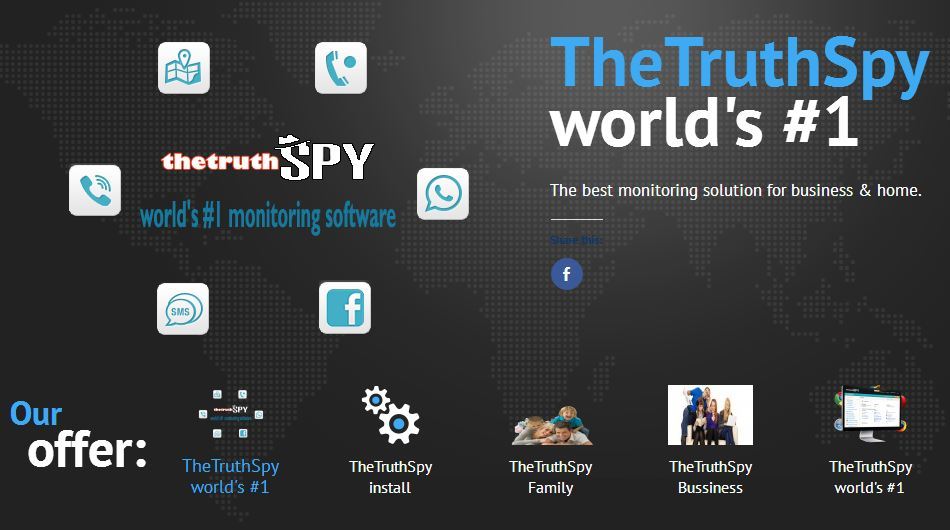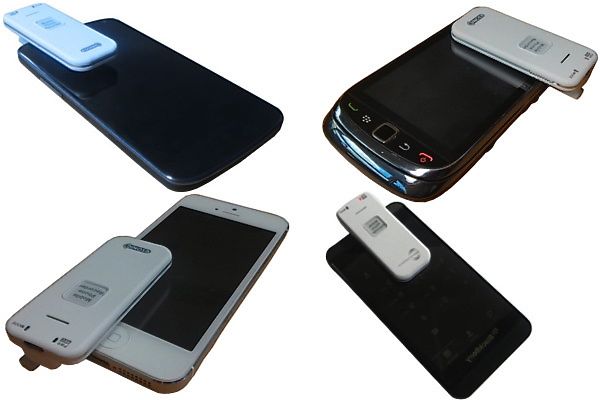- Let your PC boot up completely before opening any applications.
- Refresh the desktop after closing any application. This will remove any unused files from the RAM
- Do not set very large file size images as your wallpaper. If your PC is low on RAM (less than 64 MB), do not keep a wallpaper at all.
- Do not clutter your Desktop with a lot of shortcuts. Each shortcut on the desktop uses up to 500 bytes of RAM.
- Empty the recycle bin regularly. The files are not really deleted from your hard drive until you empty the recycle bin.
- Delete the temporary internet files regularly.
- Once every two months, defragment your hard drive. This will free up a lot of space on your hard drive and rearrange the files so that your applications run faster.
Windows uses all the available empty space in C drive as virtual memory when your Computer RAM is full. Keep the C Drive as empty as possible.
The tray icons use up availableRAM, and also slow down the booting of your PC. Disable the option of starting the application automatically when the PC boots.
Protect your PC from dust. Use compressed air to blow out any dust from the CPU.
RAM IS THE WORKING AREA (DESKTOP) OF THE CPU, KEEP IT AS EMPTY AND UNCLUTTERED AS POSSIBLE!
Do not keep a wallpaper at all if your PC is low on RAM (less than 64 MB).
The files are not really deleted from your hard drive until you empty the recycle bin.
Windows uses all the available empty space in C drive as virtual memory when your Computer RAM is full. The tray icons use up available RAM, and also slow down the booting of your PC. Disable the option of starting the application automatically when the PC boots.







